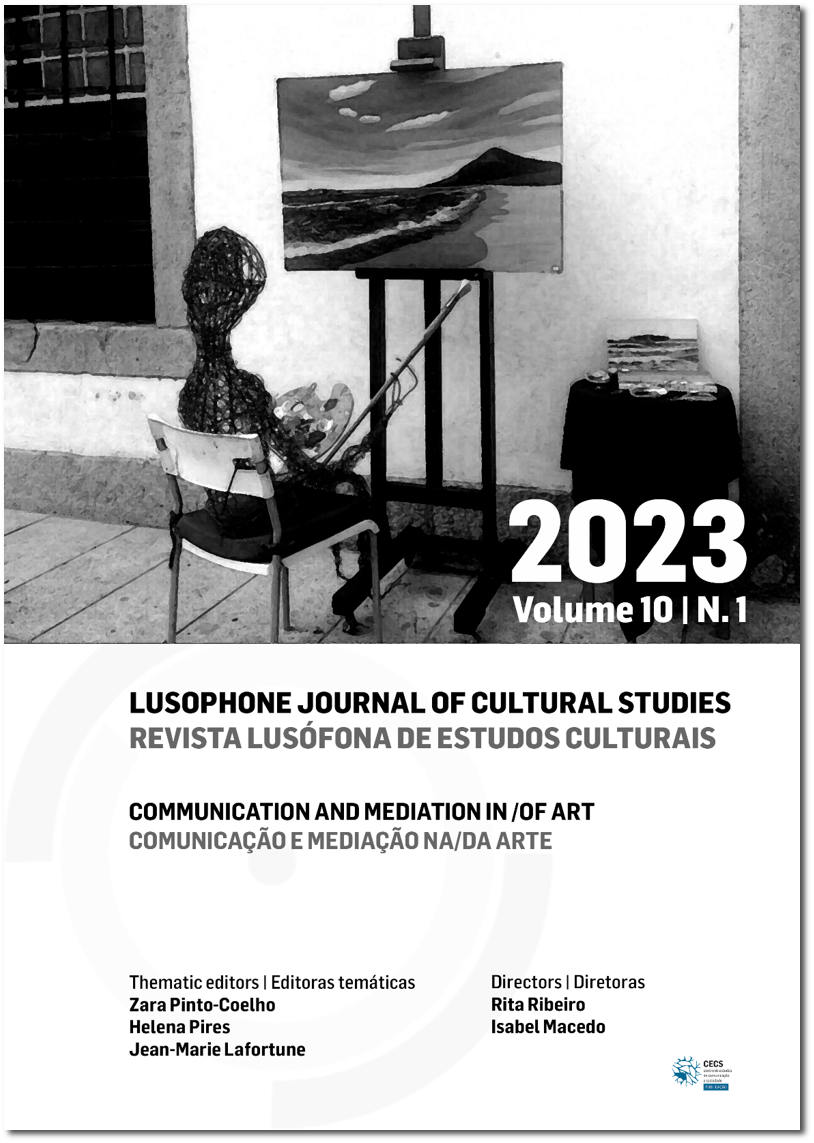Jean Rouch, Filmmaker, Anthropologist, Engineer, and White African
DOI:
https://doi.org/10.21814/rlec.4422Keywords:
ethnographic film, Jean Rouch, Manoel de Oliveira, Dogon, visual anthropologyAbstract
In Jean Rouch's meeting with Manoel de Oliveira, the latter situated him and his cinema as more African than European, and Jocelyne Rouch identified him with the title of the film Moi, un Noir (I, a Negro; Rouch, 1958) — that is him. Rouch is also an engineer at Ponts et Chaussées. No wonder his cinema reflects the poetry of iron and steel, as does Manoel de Oliveira's. Rouch's bridges and paths are also connecting people, cultures and societies. The relationship of the real as imagined in his films — fascination with authentic Dogon rites and possession phenomena and modern anthropology focused on displaced people, migrants living in big cities, and urban life — is thus remarkable. This text seeks to address four dimensions of Jean Rouch's path: situating him in the context of ethnographic film, revisiting the archives of Chronique d'un Été (Chronicle of a Summer; Rouch & Morin, 1960) 50 years after it was produced, Rouch's meeting with the Dogon and the "poetry of iron and steel" shared with Manoel de Oliveira, referring to his dimension as an engineer, filmmaker and anthropologist. Other equally important dimensions were left out, for they do not fit into this reflection.
Downloads
Downloads
Published
How to Cite
Issue
Section
License
Copyright (c) 2023 José Ribeiro

This work is licensed under a Creative Commons Attribution 4.0 International License.
Authors own the copyright, providing the journal with the right of first publication. The work is licensed under a Creative Commons - Atribuição 4.0 Internacional License.








